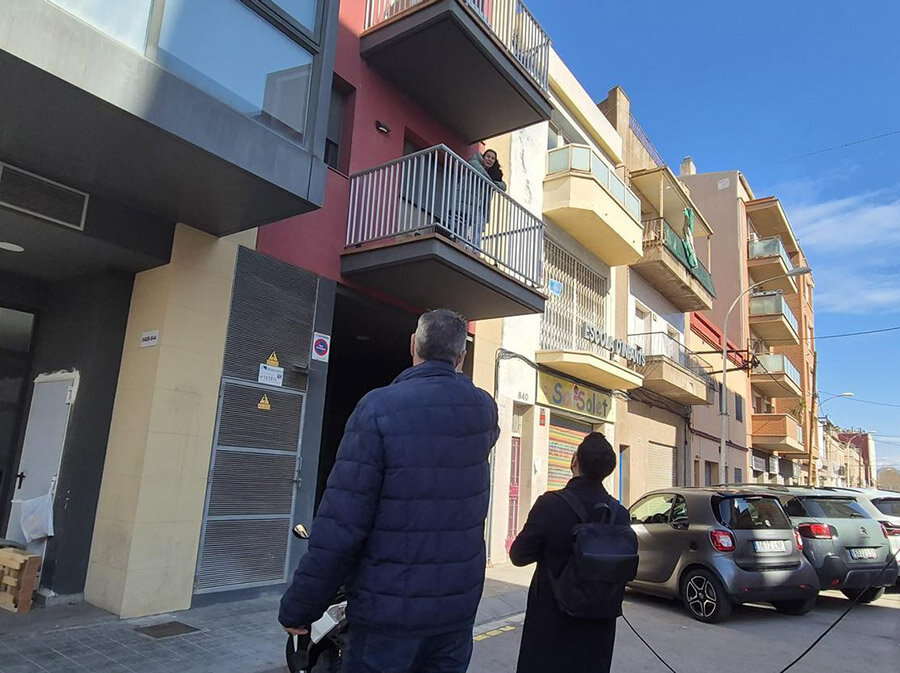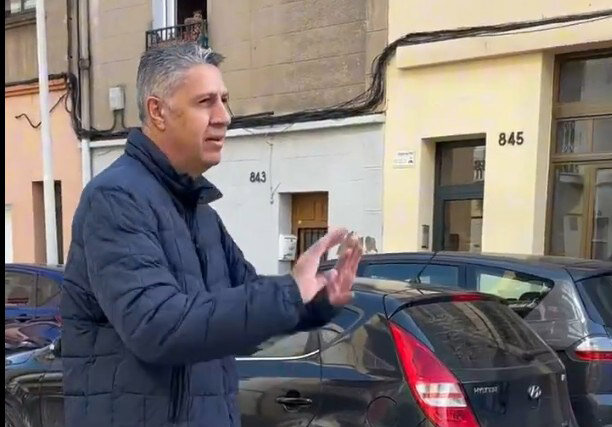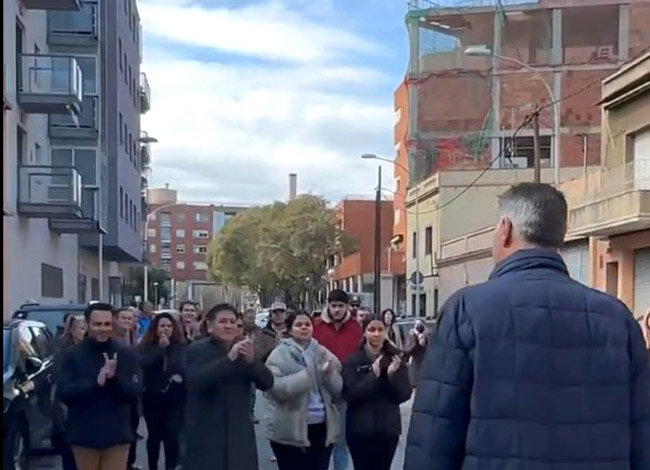Squatters in Spain: How the Mayor of Badalona Expelled a Housing Occupier

Squatting is one of the most pressing legal and social issues in Spain. Illegal occupation of homes poses risks not only for property owners but for the stability of the entire real estate market. Spanish laws often protect squatters more than homeowners—so when the mayor of Badalona took a firm stance, the case made headlines.
Illegal Occupation in Badalona
According to elPeriodico, Javier García Albiol, the mayor of Badalona, confronted an illegal occupier named Olga who had broken into a vacant apartment belonging to real estate firm Solvia. Along with her son, she entered the property through the balcony and held it for 36 hours, demanding €3,000 to leave voluntarily.
Olga claimed she had housing issues and was previously evicted multiple times in Barcelona. She allegedly bought the apartment keys for €2,000 from unknown individuals. Solvia initially offered her €1,500 to leave peacefully, which she rejected, insisting on double. She even threatened to destroy the property unless she was left alone.
The case provoked outrage from neighbors, who organized a 24-hour protest outside the building, bringing chairs and blankets and blocking entry. Mayor Albiol joined in, promising he would not leave until the occupiers did. His stance quickly went viral on social media.

Eventually, Olga agreed to vacate the premises. She was escorted to Barcelona’s Emergency Social Aid Center, and city officials helped her move out. The mayor later announced that an alarm system would be installed, and local authorities would ensure that “no one dares occupy this home again.”

The Scale of the Squatting Problem in Spain
By the end of 2023, Spain had an estimated 80,000 illegally occupied properties. In 2024, over 16,426 new cases were reported—a 7.4% increase year-on-year, averaging 45 incidents daily. Catalonia leads the statistics, with Barcelona alone logging 5,077 complaints in 2024.
Although Spain recently approved a fast-track eviction law—requiring court summons within 72 hours and a verdict within three days—experts doubt its effectiveness. Vulnerable persons are still difficult to evict quickly, and so-called “moroso tenants” (non-paying renters) remain a separate, unresolved issue.
Legal analysts argue that Spain’s framework is fundamentally flawed. Current laws tend to protect squatters more than legitimate homeowners. Laws meant to safeguard vulnerable groups are often exploited by organized squatting networks that buy and sell keys, forge documents, and demand cash to vacate.
Local Solutions and Precedents
With national reforms lagging, local governments have taken initiative. In March 2025, a Barcelona court ruled that owners can legally cut utilities to illegally occupied homes. The Badalona case shows that political will and firm municipal action can be effective in protecting lawful property rights.
Yet, the issue of okupas remains critical for Spain’s investment climate. Some squatters exploit legal loopholes to gain more rights than owners. In one notorious case, a homeowner in Valencia was even arrested after trying to reclaim her house.
Owners report damage, health hazards, and loss of control over their properties. The rental sector and foreign investors suffer most, with evictions sometimes taking months or even years to finalize due to legal bottlenecks.
Подсказки: Spain, squatters, okupas, real estate, eviction, housing law, tourism, property market, Badalona, EU law








